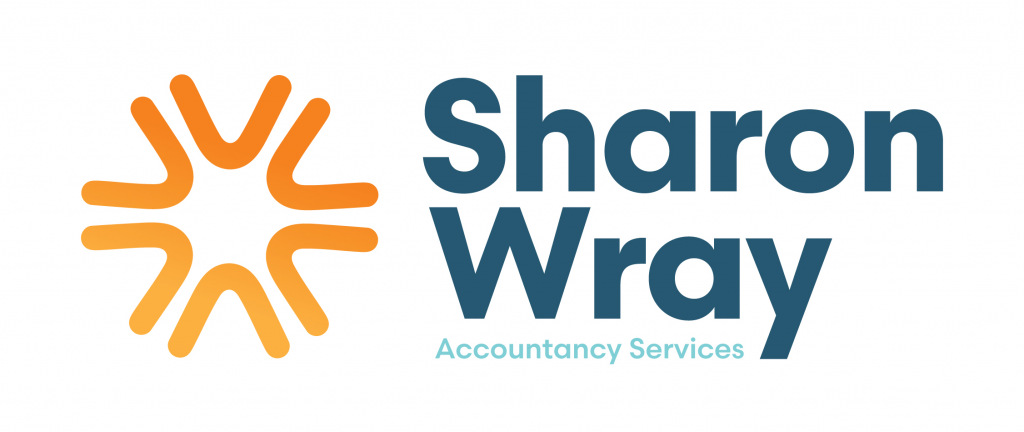Let’s be honest—paying tax isn’t exactly fun. But while we all have to do it, most of us don’t realise there are perfectly legal ways to reduce the amount we pay. Whether you’re working full-time, side hustling, or running your own business, a few smart moves can save you hundreds—sometimes thousands—every year.
Here’s your no-nonsense guide to keeping more of your hard-earned cash.
For Everyday Taxpayers: Quick Wins You Might Be Missing
Make the Most of Your ISA
If you’ve got savings, make sure they’re in an ISA (Individual Savings Account). You can put up to £20,000 a year into an ISA and not pay a penny in tax on the interest or gains.
Claim Work-Related Expenses
Are you spending your own money on uniforms, tools, travel (not your commute), or professional fees? You might be able to claim tax relief. Even if you’ve worked from home, HMRC allows you to claim back a portion of your household bills.
Use the Marriage Allowance
If you’re married or in a civil partnership, and one of you earns under the personal allowance (£12,570), you can transfer a portion of that allowance to the other. It’s an easy way to save up to £252 a year, and it only takes a few minutes to apply online.
Top Up Your Pension
Paying into a pension saves tax and helps future you. The government adds 20% basic rate tax relief automatically—and if you’re a higher-rate taxpayer, you can claim even more back through your tax return.
Capital Gains? Use Your Allowance
Selling shares, investments, or a second property? You’ve got a tax-free Capital Gains allowance of £3,000 this year. You can also use your partner’s allowance or spread the sale across tax years to reduce your bill.
Salary Sacrifice Schemes
Your employer might offer salary sacrifice for things like pensions, bikes, or childcare. These reduce your gross income—meaning you pay less income tax and National Insurance.
For the Self-Employed & Limited Company Owners
Self-employed or running your own business? Here are some tips that can make a huge difference.
Claim All Your Business Expenses
If you're self-employed, you can deduct costs like travel, equipment, phone bills, and software from your income before tax.
Working From Home?
HMRC offers a simplified flat rate, but if you use a big chunk of your home for work, it’s often better to claim a percentage of actual costs. It takes a bit more effort—but could save you more in the long run.
The £1,000 Trading Allowance
Only doing a bit of freelance or side hustle work? You can earn up to £1,000 a year tax-free before you even need to report it. It’s perfect for small jobs, casual gigs, or selling stuff online.
Thinking of Going Limited?
If you're earning a solid amount as a sole trader, switching to a limited company might save you tax. Limited companies pay 19% corporation tax for profits up to £50k, and directors can pay themselves with a mix of salary and dividends, which can be more tax-efficient. Just be aware of the extra admin involved.
Company Pension Contributions
If you’ve got a limited company, you can make pension contributions straight from the business. This lowers your company’s profits—and your Corporation Tax bill—while boosting your retirement fund.
Bonus Tip for Everyone
Make the Most of Your ISA
It sounds basic, but it’s vital, put aside money for your tax bill throughout the year. If you're self-employed, aim for 25–30% of your income. It’ll save you from the January panic and keep your cash flow steady.
Final Thoughts
You don’t need to be a finance expert to save on tax—just a bit of awareness and planning goes a long way. Whether you’re working full-time, freelancing, or running a company, these tips can help you hold on to more of your money, legally and stress-free. Get in touch if you want a no nonsense, jargon free, professional and friendly accountant.
01953 687077 / 07894 067905
sharonwray.co.uk
accounts@sharonwray.co.uk
uk.linkedin.com/in/sharon-wray-fmaat-3ab3549b
www.facebook.com/sharonwrayaccounts
Black Hall Farm, Traice Road, Fundenhall, Norfolk NR16 1HQ
















